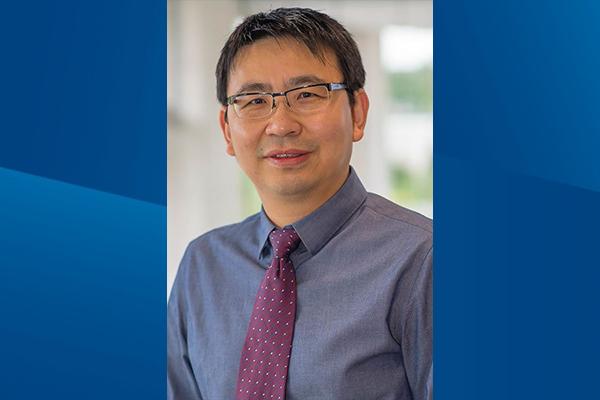
The National Institutes of Health’s National Heart, Lung, and Blood Institute (NHLBI) has awarded Duke Anesthesiology’s Wei Yang, PhD, FAHA, a four-year, $1,619,689 R01 grant for his research project titled, “Immunosuppression After Cardiac Arrest and Resuscitation.”
Every year, cardiac arrest (CA) affects more than 500,000 people in the US alone. Considerable advances in resuscitation have increased the number of CA patients who survive the initial arrest and are admitted to the intensive care unit. Importantly, however, the extremely poor rate of survival-to-hospital discharge has remained almost static for several decades. Further, CA has one of the highest rates of disability-adjusted life years (DALY). Thus, there is an urgent need to develop better post-resuscitation care for CA survivors, which requires an improved mechanistic understanding of the pathologic events after resuscitation.
In their previous studies, Yang and his colleagues discovered that following CA and resuscitation, there is a clear shift from the well-established acute post-CA pro-inflammatory immune response to the less well-known anti-inflammatory immune response, which later evolves into severe immunosuppression. Moreover, their data suggests a link between this immunosuppressive state, and post-CA infection and worse functional recovery. Notably, this notion is corroborated by clinical observations that infectious complications occur in a high percentage of CA survivors, and post-resuscitation infection is believed to increase morbidity and mortality. Thus, a better understanding of this immunosuppression phenomenon is of high clinical importance. The goal of this awarded project is to dissect the mechanisms that underpin post-CA immune dysfunction.
“Our research is expected to reveal novel immunomodulatory targets that can be exploited to advance post-resuscitation care and eventually improve overall CA prognosis,” says Yang, associate professor of anesthesiology and director of the Molecular Neurobiology Laboratory.